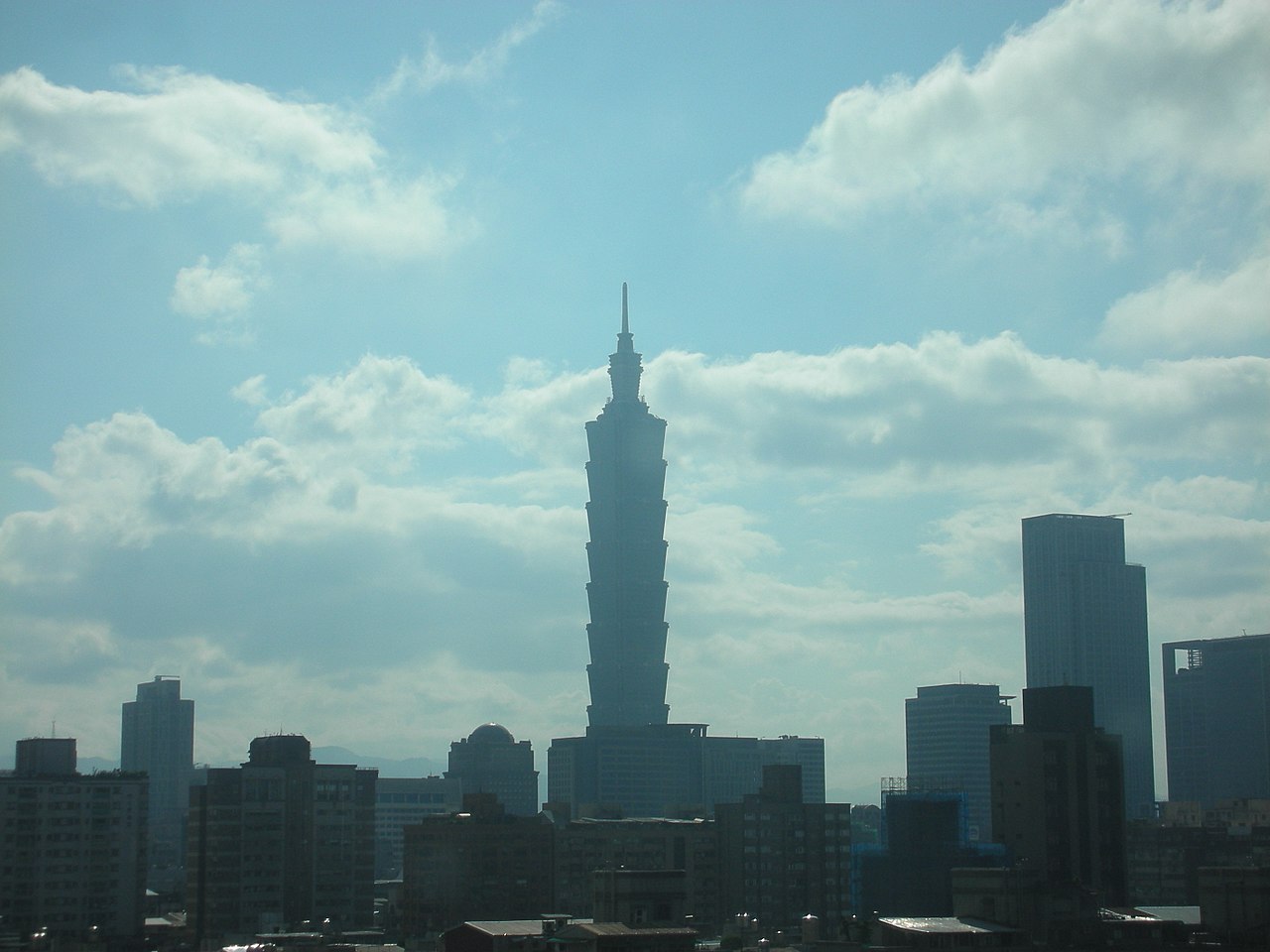
Crying wolf will not help Taiwan

In
It is a strange spectacle. The president of Taiwan, Tsai Ing-wen, speaks out to “assure everyone that our government is fully capable of managing all potential risks and protecting our country from danger”. Meanwhile, others, from American admirals to the cover of the Economist, continue to paint a picture of imminent war. Why this insistence to impose a narrative that goes against the perception of the Taiwanese themselves?
(Photo credit: Taipei 101, Wikimedia Commons)
*****
Crying wolf will not help Taiwan
It is a strange spectacle. The president of Taiwan, Tsai Ing-wen, speaks out to “assure everyone that our government is fully capable of managing all potential risks and protecting our country from danger”. Meanwhile, others, from American admirals to the cover of the Economist, continue to paint a picture of imminent war. Why this insistence to impose a narrative that goes against the perception of the Taiwanese themselves?
Those who want to support Taiwan, should do so for Taiwan’s own sake. What they should not do, is to instrumentalise Taiwan in their rivalry with China. Under the Trump administration, the United States did so all the time. It is disappointing to see that it continues under Biden. It is, of course, an easy tactic: if it works, it works; if it does not, Taiwan pays the price.
But Taiwan is not just a pawn in Sino-American rivalry. It is a vibrant democracy and in several ways an example for others. Thanks to its early and resolute action, Taiwan is nearly the only one to have been able to cope with the coronavirus without having to resort to a lockdown. But it is also the first in Asia to introduce same-sex marriage, for example.
It is precisely because it is a democracy that many in the US and the European Union feel committed to Taiwan. Had Taiwan remained authoritarian, as it was during the Cold War, Americans and Europeans might have dropped it, as they dropped many other (though not all) non-communist dictators that they had supported as long as the bipolar confrontation with the Soviet Union lasted. But Taiwan democratised just in time, so to say. That is why the US and the EU oppose any non-consensual change of the status quo on the island.
For the EU in particular, the moral imperative to support democracy wherever it exists is the primary motivation to foster a bond with Taiwan. But Brussels too is becoming more aware of the strategic dimension. If China were to change the status quo by use of force, the question would immediately arise: who will be next? China must realise that having once used military force, it will never be trusted again, just as nobody trusts Putin’s regime since Russia invaded Ukraine.
What many seem to forget, moreover, is that an opposed invasion of Taiwan would not be a walkover. Given that China wants to integrate Taiwan, not bomb it into the ground, an amphibious operation would likely produce massive casualties.
Nevertheless, both the EU and the US should make it crystal clear that if force would be used to change the status quo, that would have severe consequences for their relations with China, in all dimensions. But there is no need to play up the current military threat. Chinese incursions into Taiwanese airspace are a way of signalling, to Taipei as well as Washington, as Beijing always does when a new US administration takes office. Americans and Europeans who amplify that signal play straight into Beijing’s hand. An unwarranted attempt to create an atmosphere of crisis will just hurt their credibility without yielding any benefits.
Meanwhile, there are other, much more productive ways of helping Taiwan, without affecting the status quo. Supporting its bid for membership of the World Health Organisation, for example. That is a technical, not a political matter. It is pure logic, indeed: to tackle a pandemic effectively, the WHO must cover the globe, and Taiwan has a lot of expertise to contribute. Stepping up trade with and investment in Taiwan is another example – rather than putting pressure on Taiwanese companies to relocate production to the US. At the same time, China will continue to be Taiwan’s number one economic partner. It is exactly this sort of non-exclusive economic arrangements, in Taiwan as elsewhere, that allow to mitigate tensions between the great powers.
If you want to help Taiwan, listening to the Taiwanese is a good starting point. Do not lend them any “help” that they do not ask for.